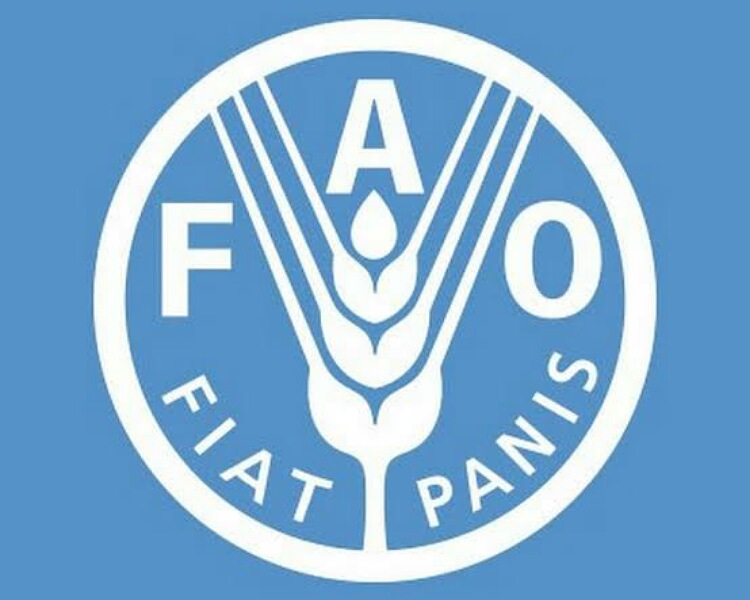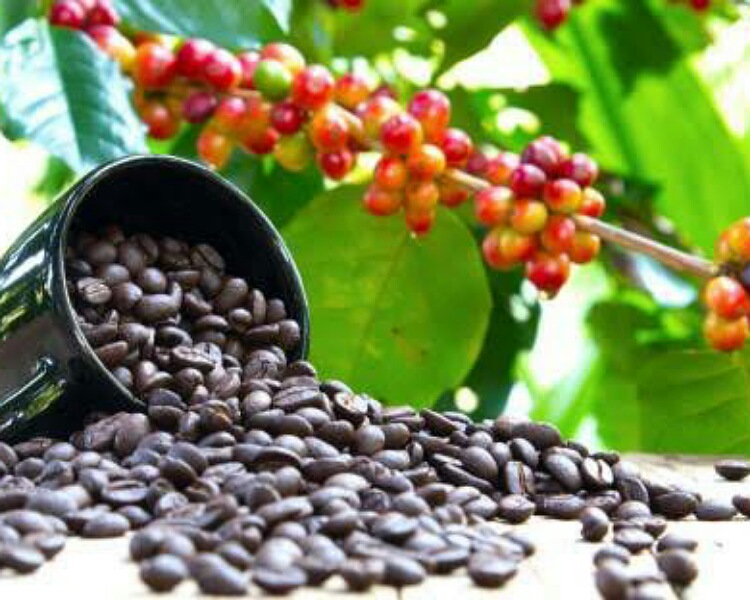Humans are enjoying a lot of foods that Nature has given them. But this might change by 2050, warns the UN Food and Agriculture Organization. Some of the basic food staples might have reached the extinction stage by then. Climate change would cause them to disappear from this planet.
The UN Food and Agriculture Organization forecast
The UN Food and Agriculture Organization has predicted that certain basic food items that we enjoy now might face extinction in another three decades by 2050. As per the UN estimate, by 2050, the world population would be 10 billion. While on the other hand, climate change and global warming would have caused the foods resources to dwindle. And this would make it difficult to feed the increasing world population.

In order to meet the growing demand and feed the hungry mouths, food production has to rise by 70%. But there is a long list of foods that might actually disappear from the planet. This would be because the crops will not be able to withstand the environment that would be non-conducive for their growth. And some of these are basic food stuffs like coffee, bananas, honey, cocoa and wine, says science. That implies chocolate production would get hampered and we might not be able to enjoy our favorite comfort food. Besides these foods, avocados and strawberries might get extinct. Global warming also negatively affects marine life and the supply of seafoods might reduce.
Search for food alternatives
The UN research is on to find healthy alternatives for these crops that will soon be extinct. They are trying to overcome the food shortages and work for food security on a global level. There are now meat alternatives developed and available. Moreover, cultivation of microalgae as food and also using insects as a protein source are also being tried.

The organization has emphasized on certain key points so that the global demand is met and in order to change dietary preferences of people. The fundamental things are international trade, increasing consumer awareness and educating them, bringing food prices down to increase affordability and balancing the dietary patterns in the high income countries. Pedro Zorrilla, head of the Climate Change at Greenpeace Spain explains:
“This assumes that biodiversity in nature cannot adapt, and that the changes in humanity are going to be catastrophic.”
Insects farming as a source of sustainable protein is being looked into.
Insects as foods
In some regions of the world, insects are already part of food protein. They are rich in energy, protein, fats, fiber, and calcium, zinc, and iron.
United Nations has urged manufacturers to look at this great protein source. It adds that insects can be reared without causing much greenhouse gas emissions. Additionally insect farming needs minimal amount of water unlike livestock rearing.

Read here: Five United Nations agencies urge for action to save children with malnutrition!
Insects can be easily bred and transported and offer employment and economic opportunities. They could improve nutrition and help achieve food security. Moreover, they support sustainable agricultural systems. They can save the planet and slow the climate change.
